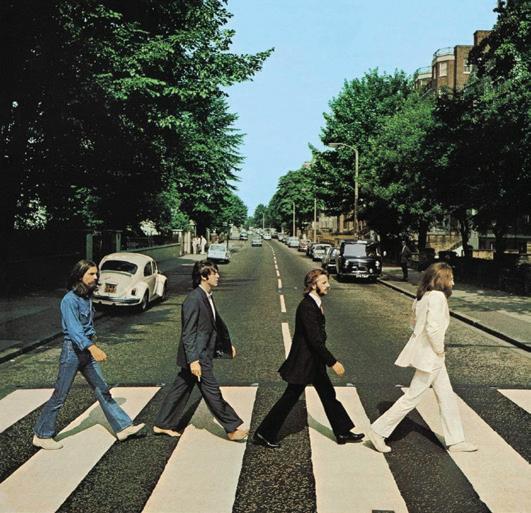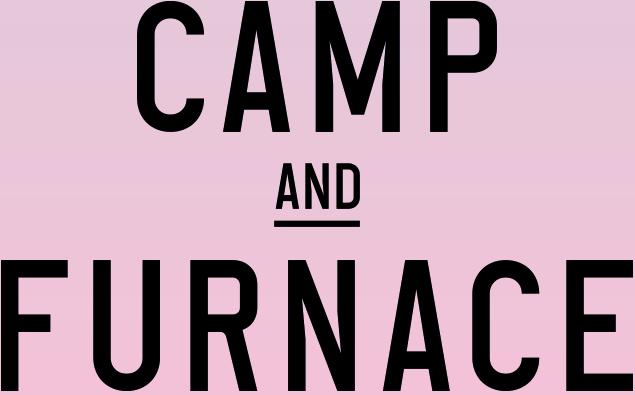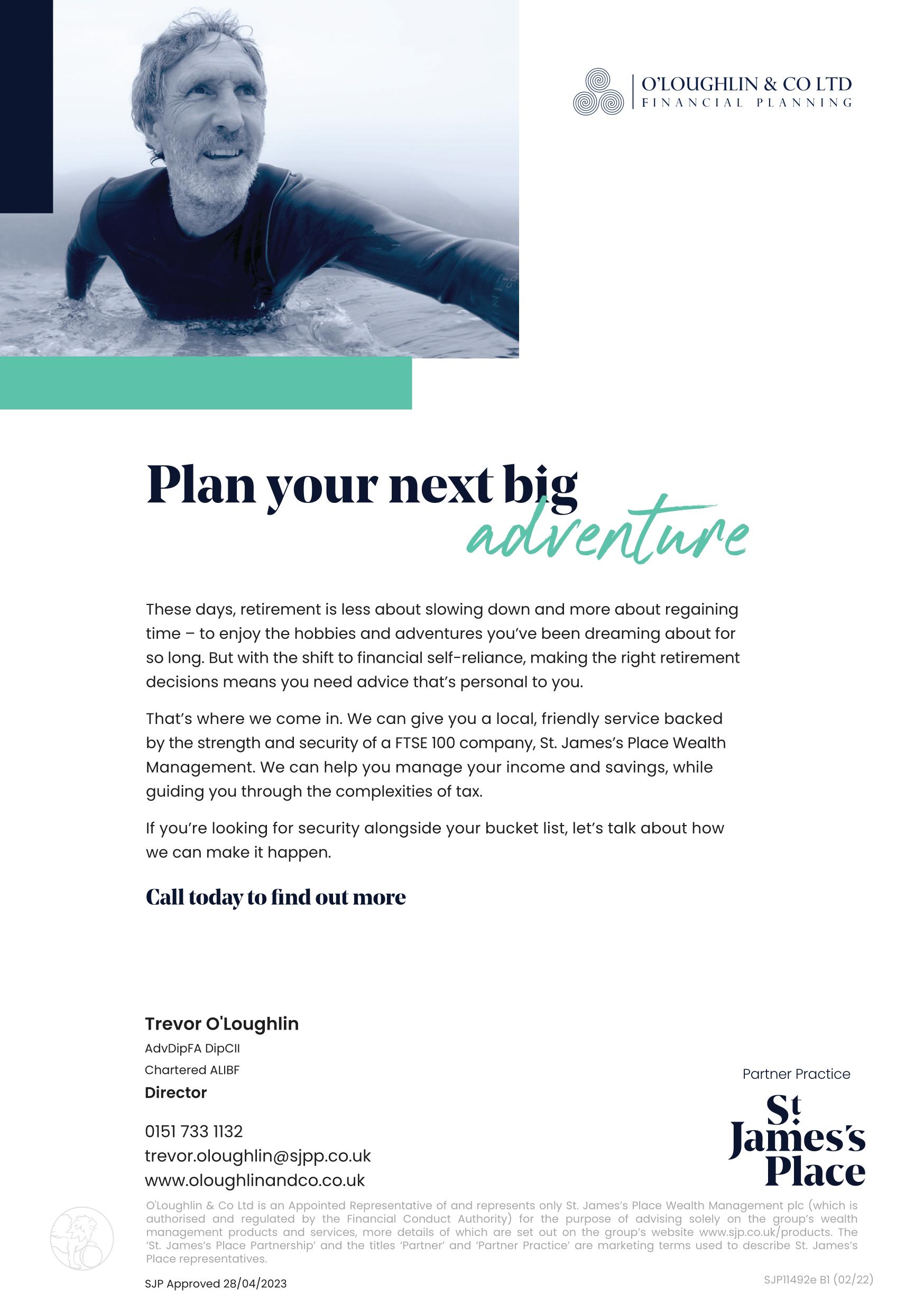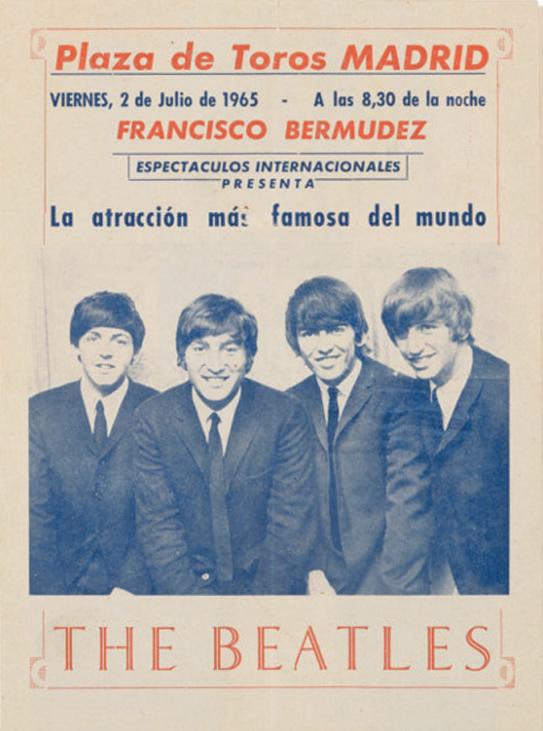
4 minute read
Business…
Was becoming an actor something you were interested in from an early age?
I went to see Emrys James perform in Twelfth Night when I was at school and thought, ‘That’s what I want to do’. But I still haven’t done Shakespeare yet. I started my career in working men’s clubs and then variety [shows], summer seasons, and TV came along through The Russ Abbot Show, really. That was the route I went down but I always intended to try and learn the craft of acting. I did that by going to Oldham Coliseum and the Watermill Theatre in Newbury.
Advertisement
The Coliseum has actually just lost its Arts Council funding, which is infuriating because it’s such a great theatre and every town should have its [own] theatre. But anyway, I always wanted to get back to acting. I love being part of a company. When you go around the country doing stand-up on your own, it’s pretty lonely. This is a lovely company [42nd Street]. I’ve been very lucky – two years ago I worked with Michael Ball in Hairspray and we had a lovely company there, and I just did Spring and Port Wine at the Octagon in Bolton [with
I was born in Chesterton Street, Garston, and grew up in Speke. Being from Garston makes me a ‘Mud Man’ apparently, which I didn’t know until recently!
Finally, you’ve done seemingly everything there is to do in your career – from stand-up and TV to plays and panto – is there anything else you still want to try your hand at?
Shakespeare, definitely. I mean, I did a season at the RSC (Royal Shakespeare Company) playing my niece’s dad, which was a thrill. My mum would have been so proud to see two family members up there. But we were doing Restoration tragedy and comedy. I still want to play one of the clowns, maybe The Fool in King Lear, or even have a go at Malvolio in Twelfth Night. But Feste, who I saw Emrys James play all those years ago in Stratford, can be an old clown… so that would be nice!
42nd Street is at the Liverpool Empire from 4-9 September
This month in words and pictures
At the beginning of July 1963, The Beatles recorded their fourth single ‘She Loves You’. Its distinctive ‘yeah, yeah, yeah’ refrain was a gift to newspaper headline writers across the country and outsold their previous two number ones to become the group’s first million-seller and the UK’s biggest-selling single of the decade.
Fast-forward 12 months and the band’s third album, ‘A Hard Day’s Night’, was in the number one spot – shifting enough copies to cover the significant costs associated with making the musical comedy of the same name.
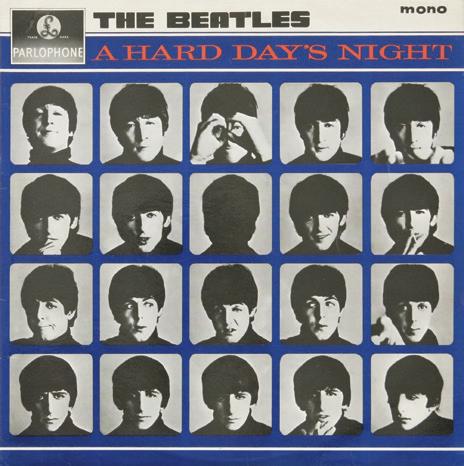
In July 1965, The Beatles released the title track and single from their second film Help! John Lennon was commissioned to write the song for the movie and it signified a major shift in his songwriting style. Notoriously dismissive of much of the band’s output, John would later describe ‘Help!’ as one of his favourite Beatles’ tracks, telling Rolling Stone in 1970: “I meant it, it’s real. The lyric is as good now as it was then, it’s no different, you know. It makes me feel secure to know that I was that sensible or whatever – well, not sensible, but aware of myself.”
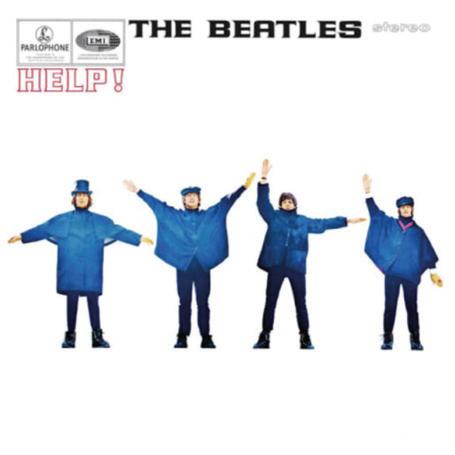
The Beatles performed the last of five highly controversial shows at the Nippon Budokan Hall in Tokyo, Japan on 2 July 1966. The venue was considered a national shrine to the country’s war dead and therefore, many thought it was an inappropriate setting for a rock and roll concert.
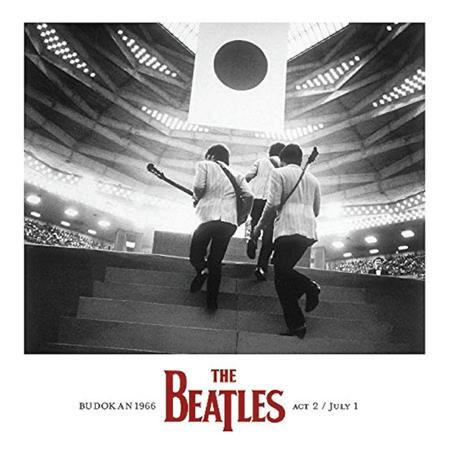
It was whilst confined to the Presidential Suite of the Tokyo Hilton that the band informed EMI via telegram that their next album would be titled Revolver
The group had originally wanted to name the album ‘Abracadabra’, but discovered that another band had already used the title. John suggested ‘Four Sides to the Circle’ as a response to Paul’s ‘Magic Circle’, whilst Ringo rather humorously proposed ‘After Geography’ – a play on The Rolling Stones’ ‘Aftermath’. They also considered other names like ‘Bubble and Squeak’, ‘Beatles on Safari’, ‘Freewheelin’ Beatles’ and ‘Pendulum’, before finally plumping for Revolver
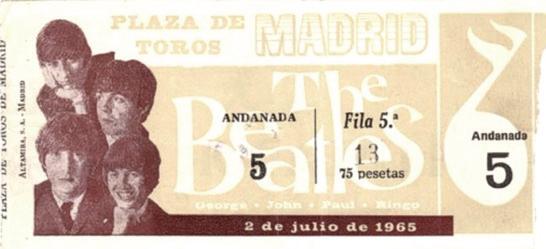
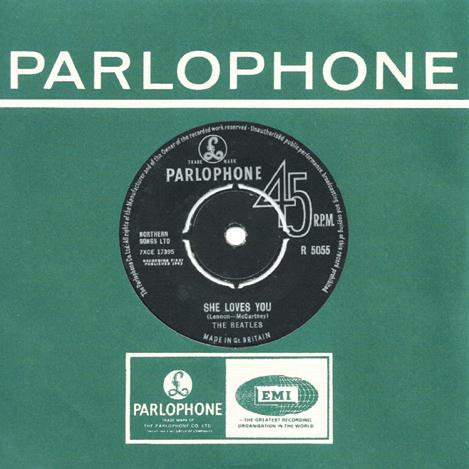
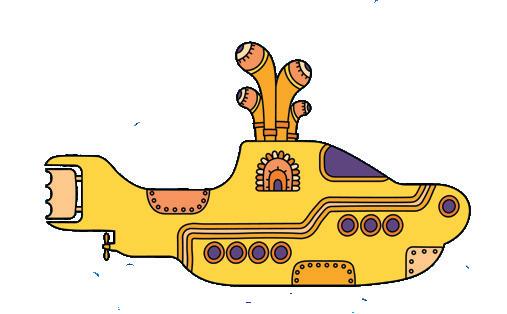
Just 10 days later, on 12 July 1966, The Beatles were awarded three prestigious Ivor Novello awards in recognition of their achievements during the previous year. ‘Yesterday’ was judged to be the most outstanding song of 1965 whilst ‘We Can Work It Out’ was the top-selling single, with ‘Help!’ the second-best selling.
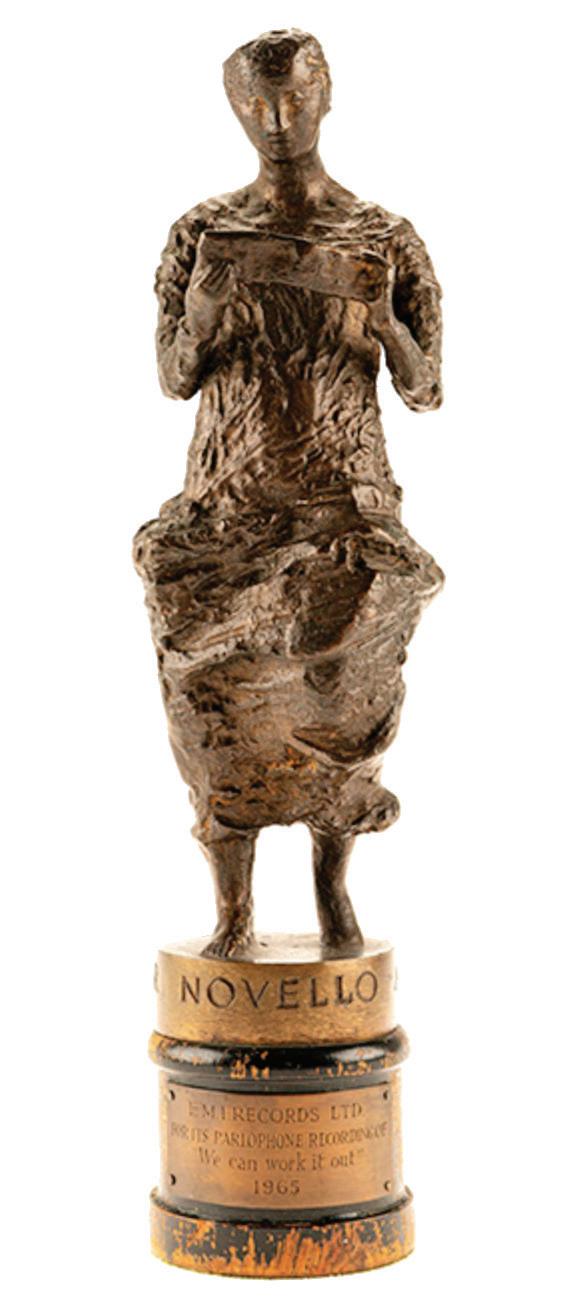
Back in Liverpool, the world-famous Cavern club had struggled to stay afloat without regular performances from the Fab Four and sadly closed its doors in early 1966. Thankfully a new owner was quickly found and on 23 July 1966, it was officially reopened by none other than Labour Prime Minister Harold Wilson.
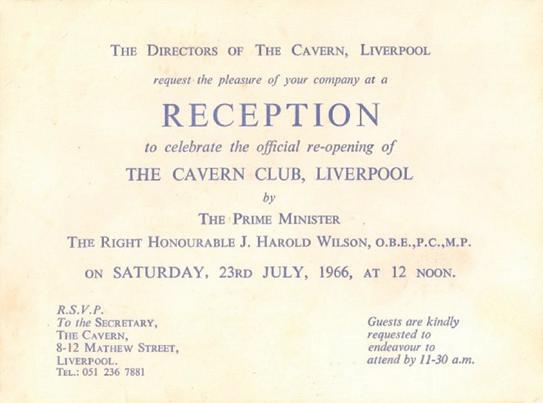
The following July brought us an interesting Beatles’ first when producer George Martin, who had played an instrument on nearly a fifth of the band’s recorded output, was finally credited on a single –the Lennon-penned classic, ‘All You Need Is Love’.
We end this month’s trip down pop memory lane on 30 July 1969. When sorting the tracklisting for the Abbey Road medley, Paul McCartney decided ‘Her Majesty’ didn’t quite fit and told engineer John Kurlander to “throw it away”. John cut the 23-second song out but as he’d been explicitly told never to discard anything, picked it off the floor when Paul left the studio and stuck it onto the end of the tape.
A lacquer version of ‘Abbey Road’ was cut at Apple the next day, and the song was again kept in. Paul approved of the random ‘accident’, and so it remained on the final version.
“That was very much how things happened,” he explained in ‘Paul McCartney: Many Years From Now’. “Really, you know, the whole of our career was like that so it’s a fitting end”.
